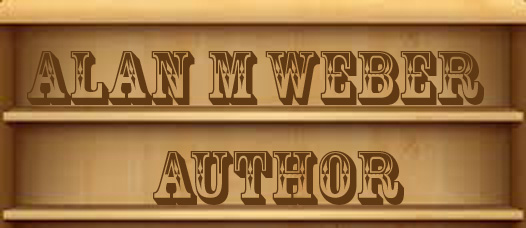(as submitted to a local newspaper)
The back and forth between “anti-Israel” and “pro-Israel” letter writers has been missing something: complete honesty, because complete honesty creates complications and inconveniences. I am Jewish, and, as such, I believe that my progressive heritage demands that I side with the oppressed, the deprived and the dispossessed. So I have been a supporter of Palestinian rights for over fifty years, and embarrassed by the nationalistic blinders worn by so many of “my people” when it comes to the slaughters and displacements, the apartheid and oppression committed by the Israeli government and perpetrators acting in its name.
But such blinders are hardly unique to Jews. How many Irish Americans, for example, were ardent supporters of the I.R.A. while condemning virtually all similar freedom fighting groups as “terrorists?” And blinders are not unique to the pro-Israeli side either. In fact, the issue of “uniqueness” plays an important role in this whole discussion.
While opposition to Israel, including the boycott (which I do support), is not in and of itself anti-Semitic, there is no question that some who advocate for the Palestinians, on the left as well as the right, have not abided by that distintinction. Israel is certainly not the only country that abuses its minority population. Zionism is clearly not the only form of nationalism that has been corrupted by manifestations of racism and colonialism. Yet for some, Israel and Zionism are the very symbols and sources of all evil. For too many, “anti-Zionism” bears too striking a resemblance to the myth of the international “Zionist” (read “Jewish”) conspiracy propagandized by the Nazis. Nazis did, for their own purposes, exploit the legitimate resentments of Palestinians toward their colonizers, and “The Protocols of the Elders of Zion” remains popular reading among many Palestinians.
We read mirroring manifestos from fringes of the right and the left peppered with code words like “Soros” and “Rothschild,” wherein “Zionism” is not understood to have been an outgrowth of the desperation of a genocidally persecuted people to come together and find a safe home, but, rather, a “cabal.” To me, it was unfortunate that a partitioned Palestine was chosen instead of, say, the partitioned Germany. Neither ancient history nor religious beliefs justified it. Should the masses of innocent refugees fleeing extermination, who were told that the land was unoccupied and willed by God, have not turned a blind eye to the killings and displacements once they arrived, sure, but that’s easy to say, especially when no one else wanted them. Should we expect Palestinians to confine their resentment to just their persecutors and filter out the age-old myths, and to respond to their own desperation, their own persecution, their own homelessness with less violence and less hate than they experienced, sure, but that, too, is easy to say, especially when the abuse and expansion continue. What’s harder to say is what we do about it now. We could start with dialogue and empathy. Time has legitimized Israel, just as it has legitimized this country, also founded through displacement and massacre justified by a version of “manifest destiny.” But time can’t legitimize inhumane governmental policies. We should condemn those by the government of Israel, but without mythologies and disproportion. We must support a homeland for the Palestinian people, also without mythologies and with equal respect for their rights and religions. If we keep deluding ourselves about history, morality and truth, more generations of both Palestinians and Israelis are doomed to die.
